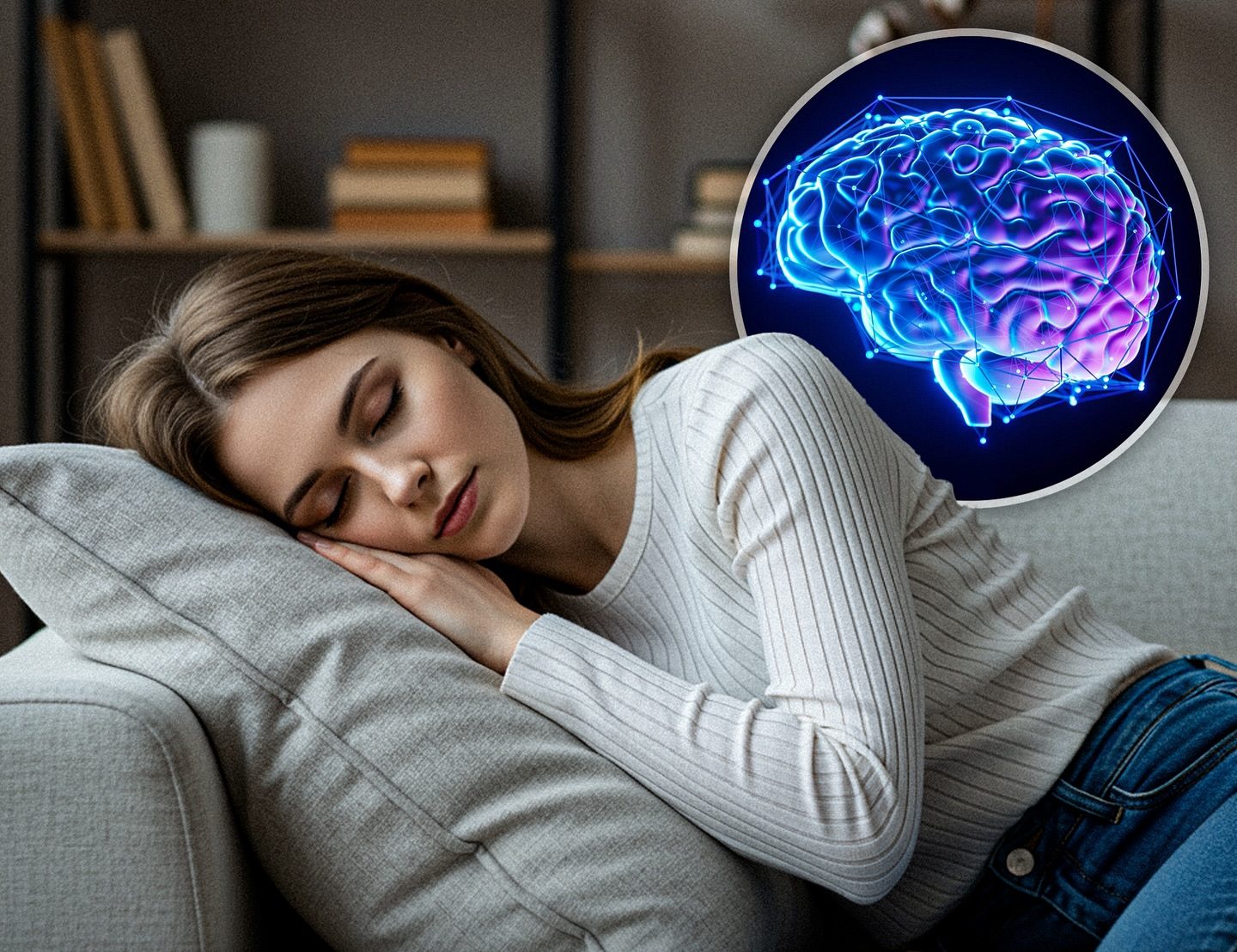Daytime Naps Are Good for the Brain, Study Finds
You know that groggy feeling that creeps in around 2 or 3 p.m.? The one that whispers, “Just a little rest, come on…”—and you fight it because napping feels like cheating on adulthood? Well, science says maybe you should’ve listened. Because it turns out, those quick little naps you crave aren’t just indulgent—they’re actually giving your brain a major upgrade. New research has uncovered a powerful connection between brief naps and long-term brain health, and it might completely change the way we think about productivity, rest, and aging.
Naps Might Actually Make Your Brain Younger
Researchers from University College London and the University of the Republic dove into data from over 35,000 people, using brain scans and genetic markers to explore something simple: What happens inside our heads when we nap? The answer was both surprising and encouraging. They found that people who regularly took daytime naps had measurably larger brain volume. In plain terms, their brains looked up to six years younger than those of people who didn’t nap. Imagine that—just by closing your eyes in the afternoon, you might be rewinding the biological clock ticking inside your head.
And this wasn’t a fluff piece of research—it was grounded in rigorous MRI analysis. Scientists weren’t just watching people snooze in labs; they were scanning brains and crunching real numbers. The takeaway? Napping doesn’t just feel good. It might be one of the most underrated forms of brain maintenance.
Just 20 Minutes Can Refresh Your Brain
We’ve all experienced that awful nap hangover. You fall asleep in the afternoon and wake up groggy, dizzy, or worse—unable to sleep at night. The sweet spot, according to experts, is short and sweet: 20 to 30 minutes max. This is long enough to give your memory and alertness a quick reboot, but short enough to avoid sinking into deep sleep that can mess with your rhythm.
Think of it like a phone charging boost: you don’t always need 100% to function—you just need that 20% top-up to keep going strong. It’s a brain hack that’s incredibly simple, wildly effective, and completely free.
Napping Isn’t Lazy. It’s Smart.
For years, naps were branded as lazy. We tied rest to weakness and productivity to constant hustle. But what if it’s actually the other way around? What if the most efficient, clear-headed, high-performing people aren’t the ones who push through exhaustion—but the ones who know when to pause?
We’re living in an age of burnout, overstimulation, and mental fatigue. A well-timed nap isn’t running away from your responsibilities. It’s sharpening your mind so you can meet them better. CEOs, elite athletes, and top performers across industries are all embracing rest as part of their strategy—not as a luxury, but as a necessity.
This Research Changes the Way We Age
Brain aging is one of the scariest parts of growing older. Memory fades, processing slows, and clarity slips away. But this study offers something we rarely hear in the world of cognitive science: hope. Because if such a small lifestyle change—just taking short naps—can actually preserve or boost brain volume, then aging doesn’t have to feel like a slow decline.
It becomes something we can influence. Something we can soften. Something we can face with tools, not just fear. Imagine if aging minds weren’t something we just watched fade, but something we could actually support—one nap at a time.

